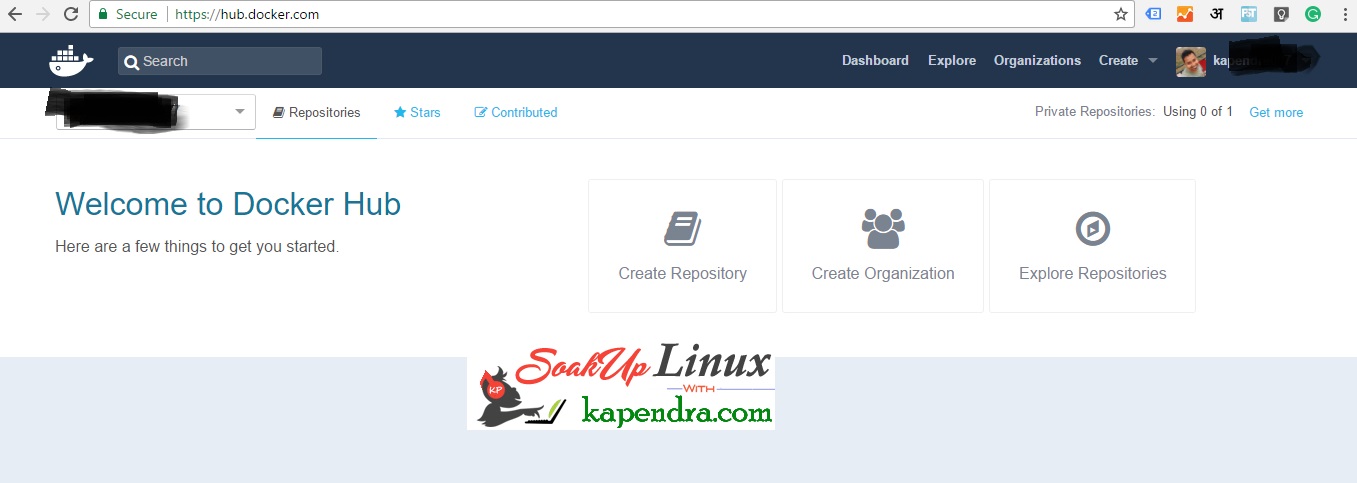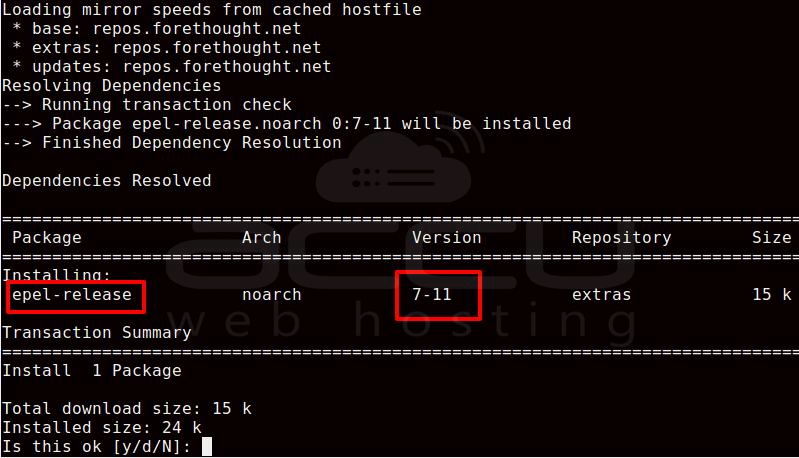


If you are, you will need to add proxy= lines pretty much at the end of each block in each file under /etc//, or add it to /etc/yum.conf. The above assumes you are NOT using a proxy. # Install the latest version of Docker CE on RHEL: Sudo yum-config-manager -enable rhel-7-server-extras-rpms Sudo yum install -y device-mapper-persistent-data lvm2 #Set up the Docker CE repository on RHEL: For a list of trademarks of The Linux Foundation, please see our Trademark Usage page.Procedure for a disposable dev test RHEL 7.3. Docker Engine is available on s390x (IBM Z) and is compatible with RHEL 7, RHEL 8, and RHEL 9. There are no current or archived versions available. The Linux Foundation has registered trademarks and uses trademarks. In order to install Docker Engine, you must have a working version of RHEL 7, RHEL 8, or RHEL 9 installed on s390x (IBM Z). © Prometheus Authors 2014-2023 | Documentation Distributed under CC-BY-4.0 Please help improve it by filing issues or pull requests. The following third-party contributions: Ansible If you prefer using configuration management systems you might be interested in With some tooling or even have a daemon update it periodically. Ī more advanced option is to render the configuration dynamically on start Now build and run it: docker build -t my-prometheus. This works well if theĬonfiguration itself is rather static and the same across allįor this, create a new directory with a Prometheus configuration and aĭockerfile like this: FROM prom/prometheus To avoid managing a file on the host and bind-mount it, theĬonfiguration can be baked into the image. Or bind-mount the directory containing prometheus.yml onto

v /path/to/prometheus.yml:/etc/prometheus/prometheus.yml \ Here areīind-mount your prometheus.yml from the host by running: docker run \ To provide your own configuration, there are several options. To ease managing the data on Prometheus upgrades. Production deployments it is highly recommended to use a The Prometheus image uses a volume to store the actual metrics.

This starts Prometheus with a sampleĬonfiguration and exposes it on port 9090. Running Prometheus on Docker is as simple as docker run -p 9090:9090 Out the download section for a list of allįor building Prometheus components from source, see the Makefile targets inĪll Prometheus services are available as Docker images on We provide precompiled binaries for most official Prometheus components.


 0 kommentar(er)
0 kommentar(er)
